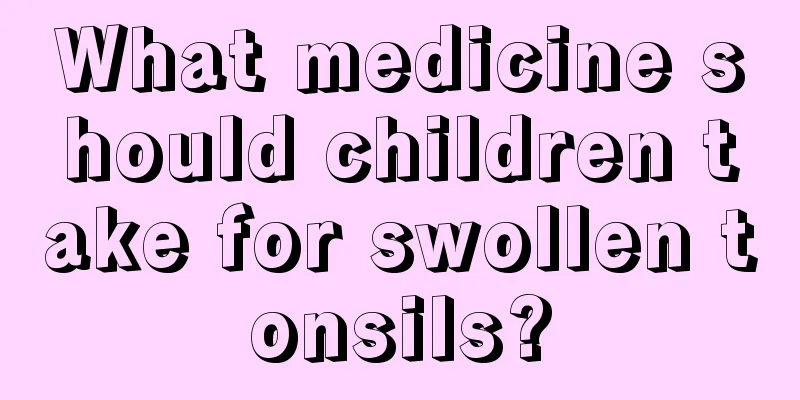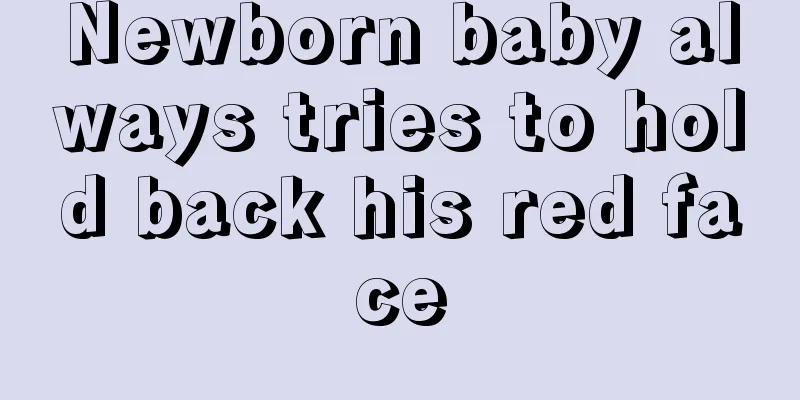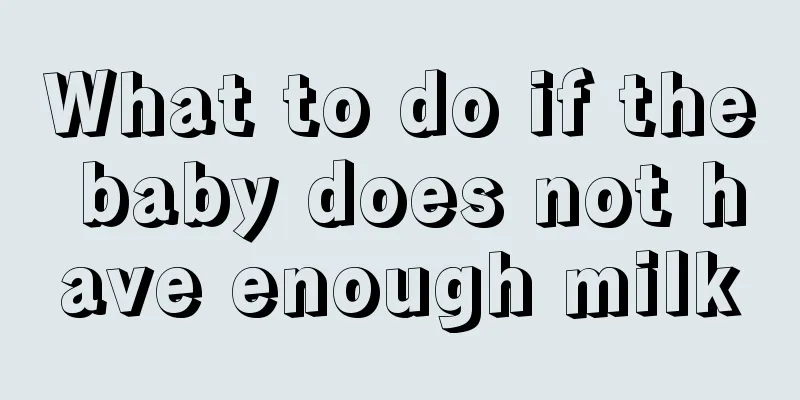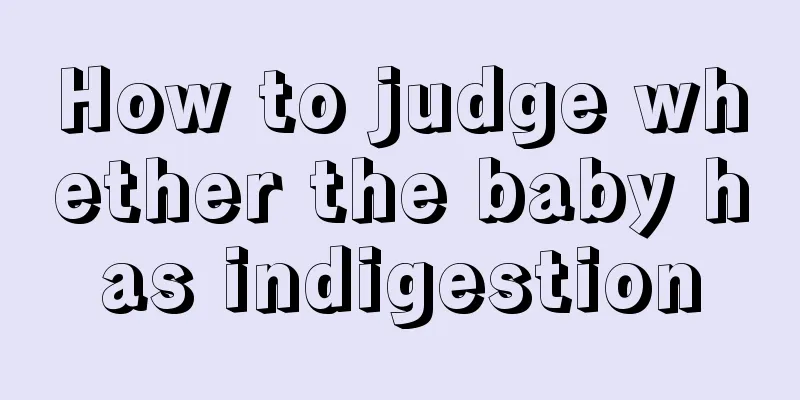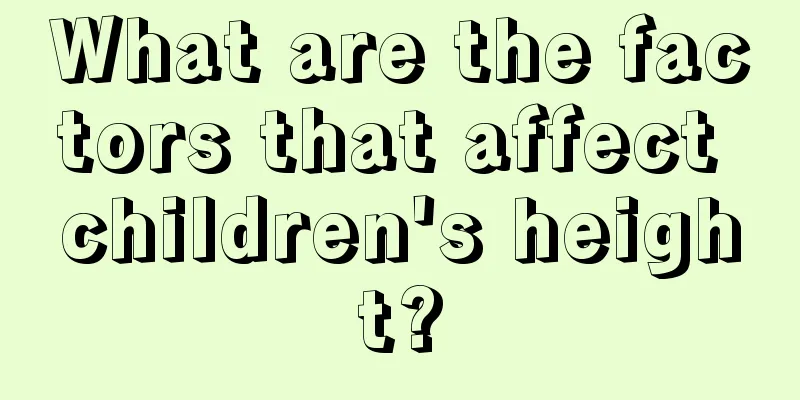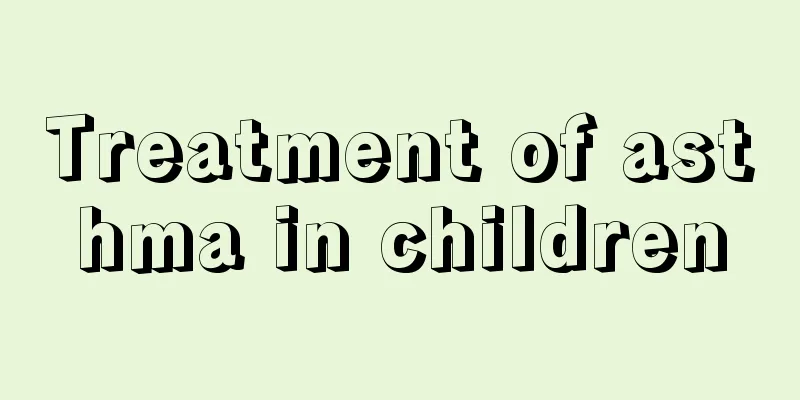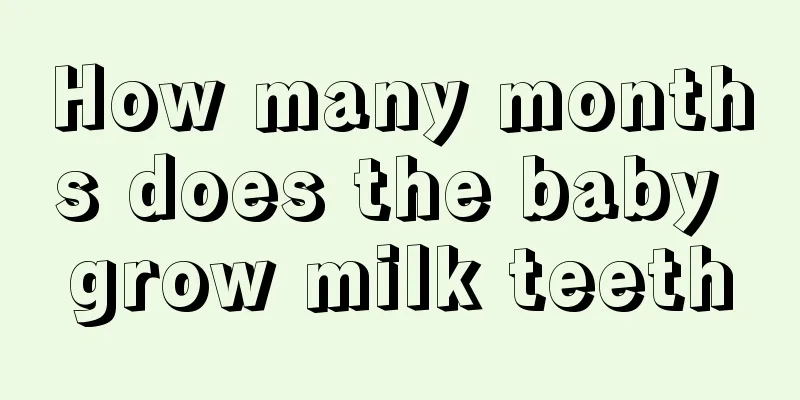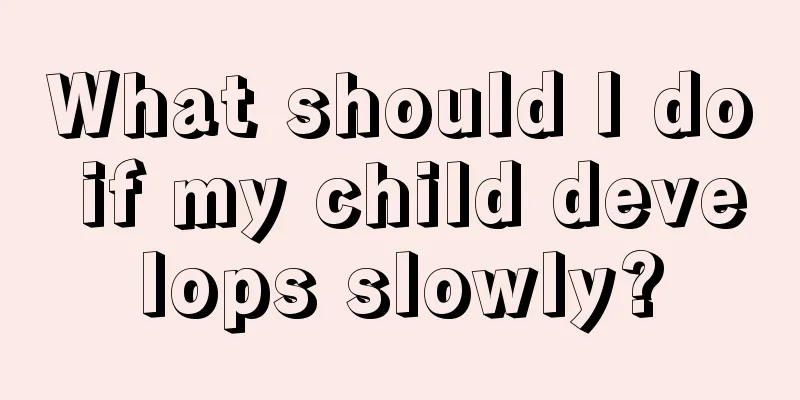What are the symptoms of pulmonary hypertension in infants?
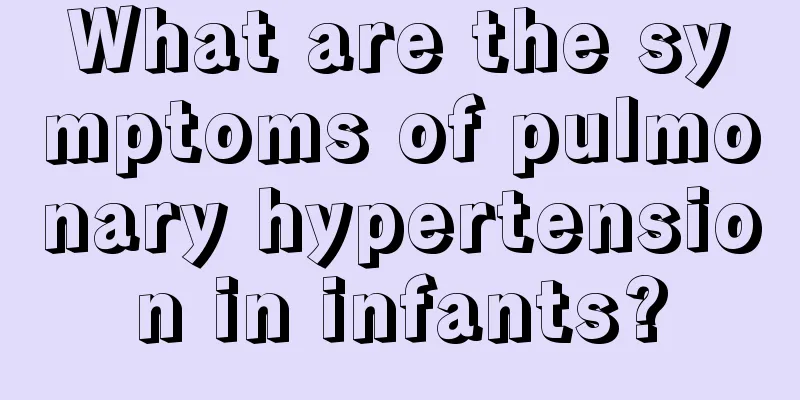
|
Many infants will develop a more serious disease, namely infantile pulmonary hypertension, but most parents do not fully understand this disease and think that it is not particularly serious. This is an incorrect idea. If a baby suffers from such a disease, it will definitely affect the child's future life, so it should be taken seriously by parents. Let us take a look at the symptoms of pulmonary hypertension in babies. I hope that through my introduction, everyone can understand it. What are the symptoms of pulmonary hypertension in infants? 1. Secondary pulmonary hypertension (1) Symptoms In addition to the clinical symptoms of the original underlying disease, the symptoms of pulmonary hypertension itself are non-specific. The early symptoms of pulmonary hypertension are generally not obvious. Once clinical symptoms appear, it indicates that the disease has reached the late stage. Patients with severe pulmonary hypertension are prone to fatigue and weakness due to decreased cardiac output, limited oxygen transport, and tissue hypoxia. Due to decreased pulmonary vascular compliance, cardiac output cannot increase with exercise. Patients show exertional dyspnea. A sudden decrease in brain tissue oxygen supply causes syncope. Arrhythmias may also occur, especially bradycardia. Due to the relative lack of blood supply to the right ventricular hypertrophy myocardium, patients may have angina pectoris. If the pulmonary artery is dilated and compresses the recurrent laryngeal nerve, there may be hoarseness. (2) Physical examination: As pulmonary artery pressure increases, it may lead to right atrium and ventricular enlargement and functional failure. Common physical signs include right ventricular lifting pulsation and pulsation in the pulmonary artery area. Palpation may reveal a sense of vibration and hitting the wall of the pulmonary valve area when it closes. Auscultation of the heart may reveal a strong P2, a systolic ejection sound in the pulmonary valve area, and a diastolic murmur caused by relative pulmonary valve regurgitation. Signs of right heart failure may also be found, such as distended jugular veins, enlarged liver, hepatojugular reflux, and edema of both lower limbs. 2. Primary pulmonary hypertension The clinical symptoms of pulmonary hypertension mostly occur in childhood, and usually appear within 5 years after birth. They may also occur in infancy, manifested by feeding difficulties, growth retardation, rapid breathing, and fatigue. The main symptoms in childhood are exertional dyspnea, fainting during exercise, and precordial pain due to decreased cardiac volume. These are the symptoms of primary pulmonary hypertension. The above content is about the symptoms of pulmonary hypertension in infants. I believe parents have already understood it. So according to the situation of their own children, if some babies have such symptoms, parents must take the baby to a regular hospital for effective treatment in time. For babies who do not have such conditions, parents must prevent them from developing such symptoms. |
<<: What to do if your baby always has nasal mucus
>>: Is it good for a baby not to cry when it is born?
Recommend
Under what circumstances should a baby be given an IV drip for coughing?
During the baby's development stage, coughing...
Lump on baby's injection site
After a baby is born, injections are a very impor...
What are the dangers of allergic asthma in children?
Nowadays, many children suffer from allergic asth...
What should I do if my child has purpura?
Purpura is a disease with a relatively high incid...
What is the cause of the newborn's nasal congestion and shortness of breath?
Newborns cannot breathe through their mouths, so ...
What's the matter with the hard lump on the baby's arm after the injection?
The health of the baby is a very important matter...
Treatment of foaming at the mouth of a newborn
We may have seen many children foaming at the mou...
Black spots on the child's face
Generally, children have very good skin, which lo...
Why do children love to blink?
Today's children are lively, cute, active, an...
What causes fever on the back of the child's head?
Children have poor resistance when they are young...
What to do if your baby has dark circles under his eyes
The physical health of the baby is one of the thi...
Newborn baby has not had a bowel movement for a week
If a newborn baby has not defecated for a week, p...
Is it good for baby and child swimming?
I believe that many parents will take their babie...
Can a three-year-old eat crabs?
When people talk about delicious food, they will ...
What should I do if my child sprains his neck?
A sprained neck is not only very painful, but als...
